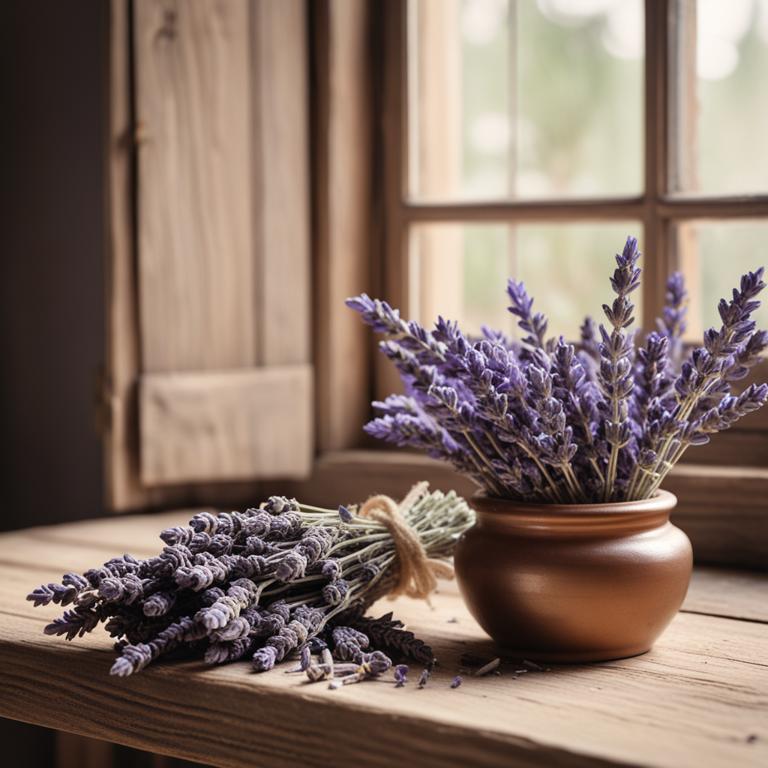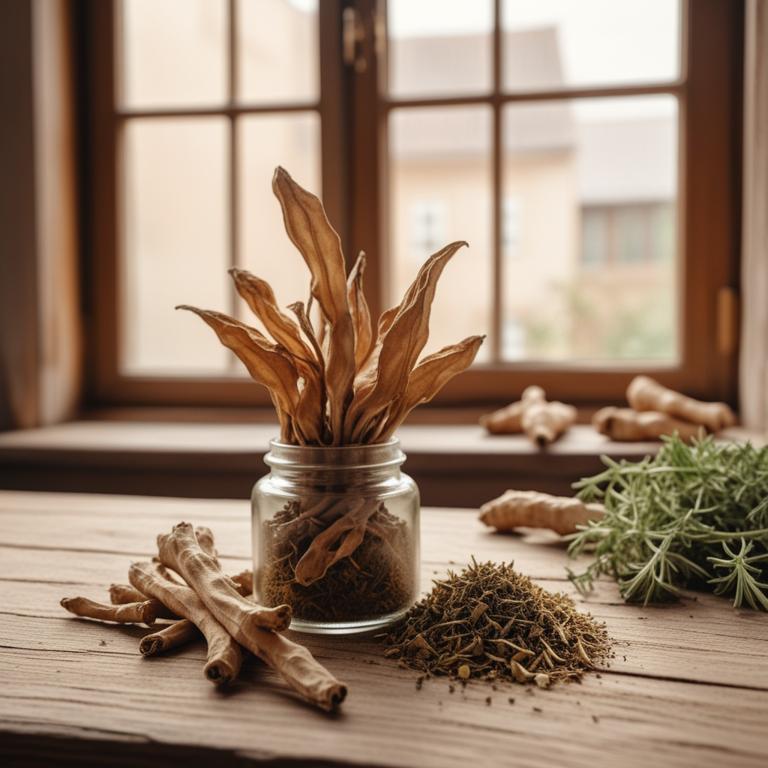Updated: Dec 1, 2024
Sore Eyes Treatment with Medicinal Herbs and Herbal Preparations
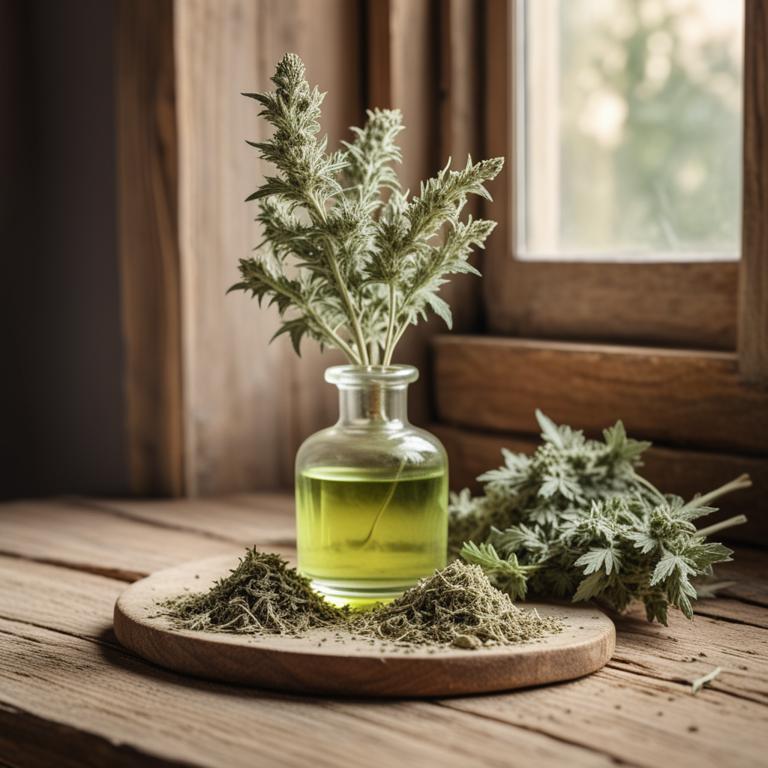
Sore eyes can be a real nuisance, making it hard to concentrate and do daily tasks.
It's that burning, itchy, or gritty feeling in your eyes that just won't go away. Sometimes it's due to lack of sleep, too much screen time, or exposure to allergens or irritants like dust, smoke, or chemicals. The causes of sore eyes can be many, and it's not just about the environment. Your diet, lifestyle, and even your emotions can play a role. For example, eating too much processed food or not drinking enough water can dry out your eyes, while stress and anxiety can cause your eyes to get red and puffy.
Nature has some wonderful remedies for sore eyes, like herbs that have anti-inflammatory and soothing properties. Herbs like eyebright, chamomile, and calendula are great for cooling down and calming the eyes. These herbs can be used to make teas, eye washes, or even salves to apply directly to the eyes. To use these herbs, you can make a soothing tea by steeping dried eyebright or chamomile leaves in hot water. Strain the tea and use it as a compress or eye wash to help reduce redness and inflammation.
You can also make a salve by mixing calendula oil with a carrier oil like coconut oil and applying it to the affected area.
Table of Contents
What triggers sore eyes?
The main causes of sore eyes are usually related to infections, allergies, and lack of moisture.
One common cause is Dry Eyes, which happens when the eyes don't produce enough tears or the tears are not of good quality. This can be due to factors like age, medications, or environmental conditions like dry air. Conjunctivitis is another cause, an infection that inflames the thin layer of tissue covering the white part of the eye and inside the eyelid. It's highly contagious and can be caused by viruses, bacteria, or allergens like pollen.
Pink Eye is often used to describe Conjunctivitis, but it's not a medical term. However, it's a common term for the condition, especially when it's caused by a viral or bacterial infection. Measles and German Measles (also known as Rubella) are two separate viral infections that can cause sore eyes. Measles is a highly contagious viral infection that spreads through coughing and sneezing, while German Measles is a milder infection that usually affects children.
Both infections can cause fever, sore eyes, and a rash.
What are the advantages of using herbs for sore eyes?
When it comes to soothing sore eyes, using herbs can be a game-changer.
These natural remedies can provide quick relief from irritation and discomfort. One of the main benefits of using herbs is their anti-inflammatory properties, which can help reduce swelling and redness in the eyes. This can be especially helpful if you've been working on a computer or reading for a long time.
Herbs can also help calm the eyes and reduce itchiness, making it easier to focus and relax. Furthermore, some herbs have antimicrobial properties, which can help fight off infections and prevent the spread of germs. By using herbs, you can avoid harsh chemicals found in some eye drops and creams, which can be irritating and even damage your eyes in the long run.
Additionally, herbs are often easily accessible and affordable, making them a cost-effective solution for sore eyes.
What are the best medicinal herbs for sore eyes?
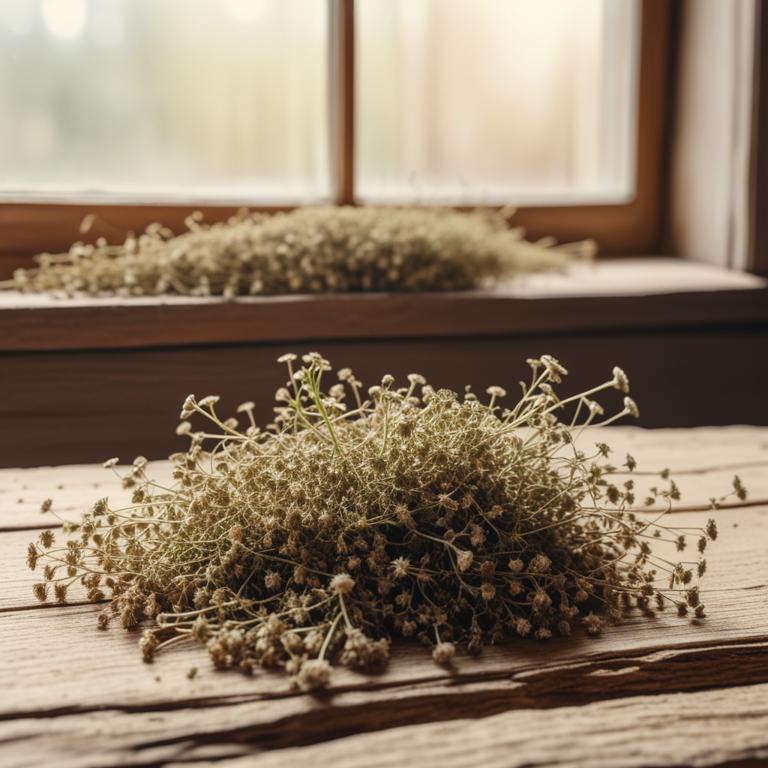
Herbs have been used for centuries to help with sore eyes, and for good reason.
Euphrasia officinalis, also known as eye bright, is often used to treat red, itchy, and watery eyes. Its anti-inflammatory properties help to reduce swelling and calm the eyes. Calendula officinalis, or marigold, has antiseptic properties that can help to prevent infection and speed up the healing process. It's also great for soothing dry, irritated eyes. Echinacea purpurea, or coneflower, is commonly used to boost the immune system, which can help to prevent eye infections.
It's also anti-inflammatory, which can help to reduce swelling and pain. Symphytum officinale, or comfrey, is a natural demulcent that can help to soothe and protect the eyes. Its anti-inflammatory properties can also help to reduce swelling and pain. Aloe barbadensis, or aloe vera, is often used to soothe dry, irritated eyes. Its anti-inflammatory properties can help to reduce swelling and pain, and its moisturizing properties can help to keep the eyes hydrated and comfortable.
By using these herbs, you can help to reduce inflammation, prevent infection, and soothe dry, irritated eyes.
What are the leading herbal treatments for sore eyes?

Herbal preparations can be really helpful for sore eyes.
One option is an ointment made from herbs like aloe vera or chamomile. These plants have anti-inflammatory properties that can calm and soothe the eye. When applied as an ointment, they can reduce redness and irritation. Another way to use herbs for sore eyes is by making a tea infusion. This involves steeping herbs like calendula or eyebright in hot water, then letting it cool before using it as an eye wash. The antioxidants and anti-inflammatory compounds in these herbs can help to reduce swelling and promote healing.
A tincture made from herbs like eyebright or goldenseal can also be used to help with sore eyes. Tinctures are concentrated liquid extracts of herbs, and they can be added to a carrier oil or water to create a solution for applying to the eyes. The antibacterial and anti-inflammatory properties of these herbs can help to fight off infections and reduce inflammation. If you prefer a gel-like consistency, you can make a gel by mixing a tincture with a gel base. This can be especially helpful for applying herbs directly to the eye without the risk of stinging or irritation. Another option is a decoction, which is made by simmering herbs like eyebright or calendula in water for a longer period of time.
This can create a stronger and more concentrated liquid that can be used as an eye wash. Decoctions can be especially helpful for soothing and calming the eye, and they can be stored in the fridge for later use.
Additional Resources:
What herbs should be avoided if you have a case of sore eyes?
If you have sore eyes, it's a good idea to steer clear of Ginkgo biloba.
This herb is known to cause eye problems in some people, including blurry vision and sensitivity to light. It's thought that Ginkgo biloba might make existing eye issues worse, especially if you already have a condition that affects the blood vessels in your eyes. Some herbs can be even more troublesome for sore eyes. Artemisia absinthium, for example, is a strong herb that can cause eye irritation and even conjunctivitis - an inflammation of the membrane that covers your eyeball. This is because Artemisia absinthium contains compounds that can irritate your eyes and make them feel dry and itchy. Silybum marianum is another herb that might not be suitable for sore eyes.
It's often used to treat liver problems, but it can also cause eye irritation in some people. If you have sore eyes, you might want to avoid taking Silybum marianum supplements or using products that contain this herb. Cinchona officinalis is a herb that's commonly used to treat fever and other health issues. However, it can also cause eye problems, including sensitivity to light and blurred vision. This is because Cinchona officinalis contains compounds that can affect the way your eyes work. Ruta graveolens is a herb that's often used to treat skin problems and wounds. However, it's not recommended for people with sore eyes.
This is because Ruta graveolens can cause eye irritation and even damage the cornea - the clear layer on the front of your eyeball.
FAQ
Are there any specific herbs that can prevent sore eyes?
Some herbs like eyebright and chamomile are believed to help soothe and calm sore eyes.
They have anti-inflammatory properties that may reduce redness and swelling.
Eyebright is often used to treat eye irritations, while chamomile is known for its calming effects, which can help ease eye strain and discomfort.
Is it safe to use herbal remedies for sore eyes during pregnancy?
When you're pregnant and have sore eyes, some herbal remedies might sound helpful.
However, it's best to be cautious. Some herbs can pass into breast milk or the baby's bloodstream, and their effects aren't fully understood.
If you're considering using herbal remedies, make sure to read labels carefully and follow instructions.
Are there any herbs that can reduce the frequency of sore eyes?
Some herbs like eyebright and calendula may help reduce the frequency of sore eyes.
These herbs have anti-inflammatory properties, which can soothe and calm irritated eyes. They also contain antioxidants that can protect the eyes from damage.
Some people use eyebright tea or calendula eye drops to help ease sore eyes.
Related Articles

Alzheimer's Disease: Exploring Causes, Medicinal Herbs, and Herbal Remedies
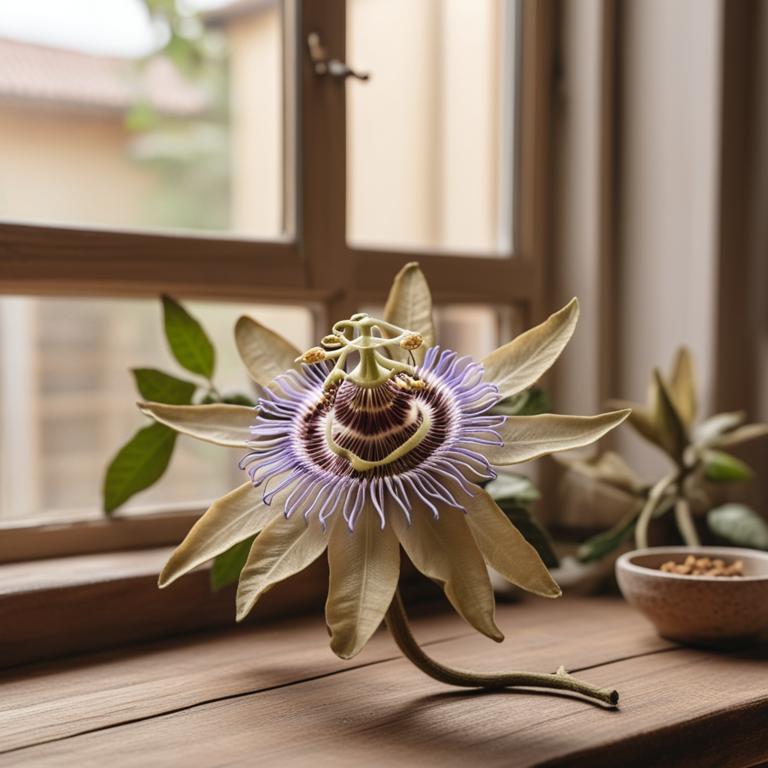
Dizziness: Causes, Symptoms, and Natural Relief with Medicinal Herbs and Preparations
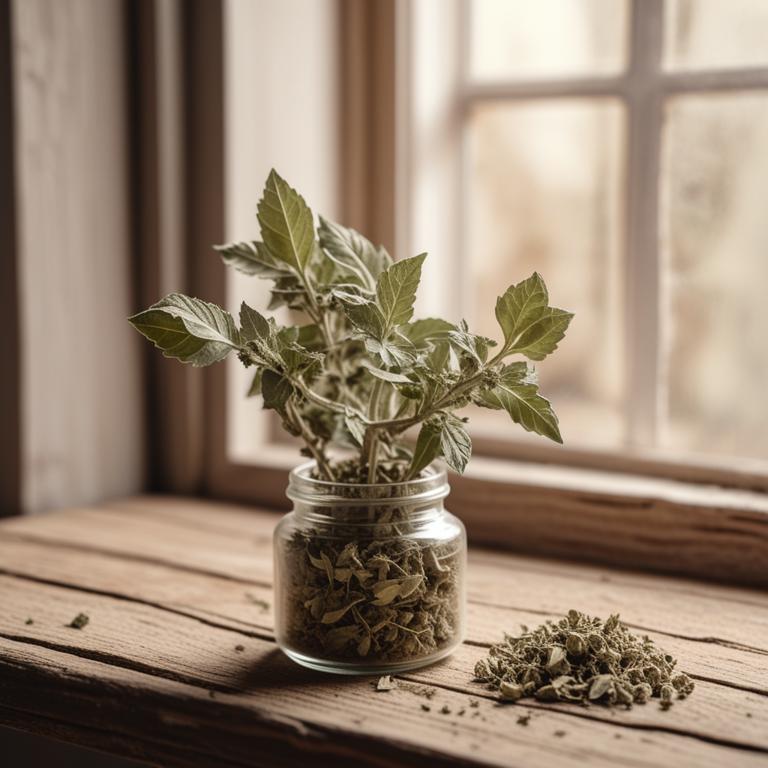
Brain Fog: A Guide to Causes, Medicinal Herbs, and Natural Preparations

Managing Difficult Speaking: Medicinal Herbs and Herbal Remedies
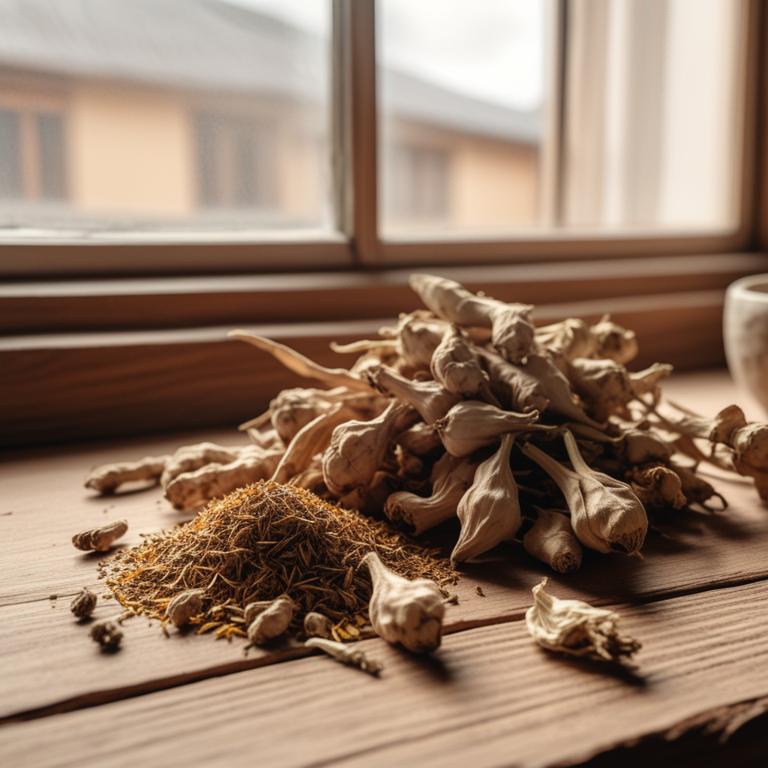
One Side Headache: Causes, Herbal Remedies, and Natural Cures
